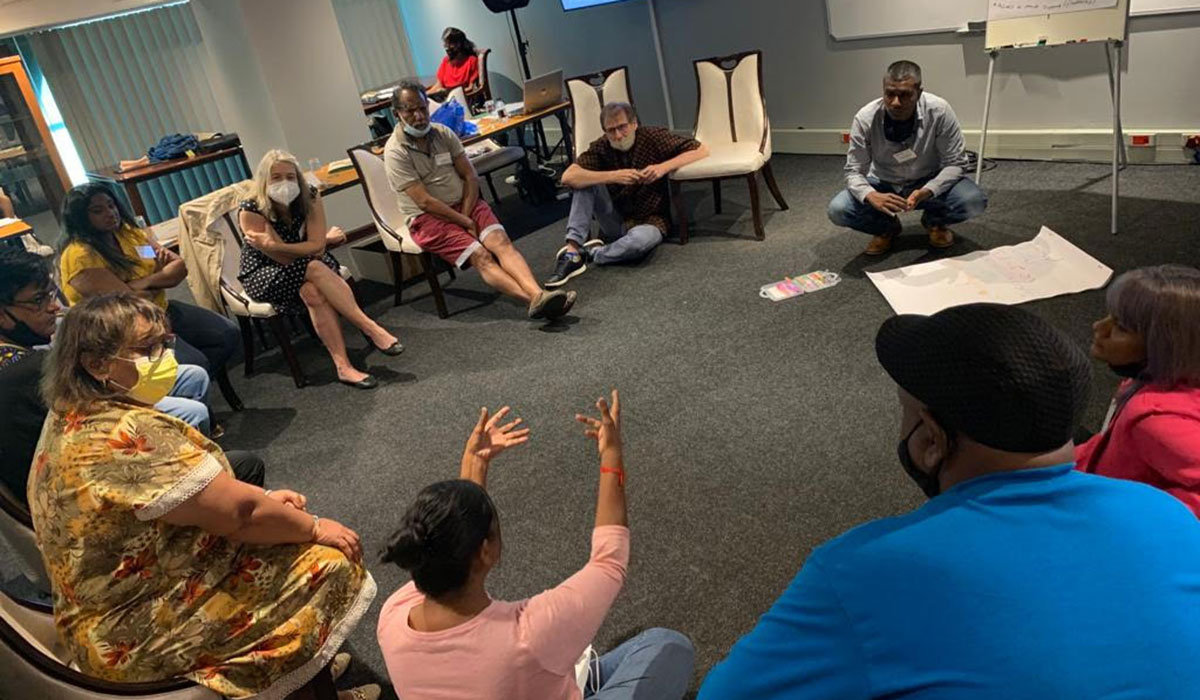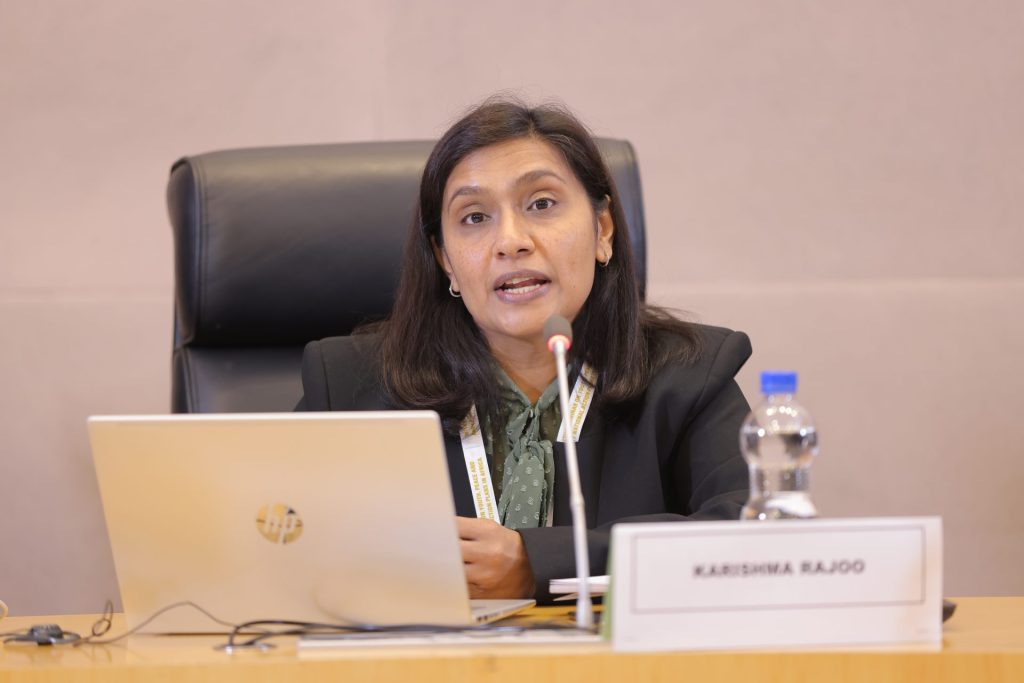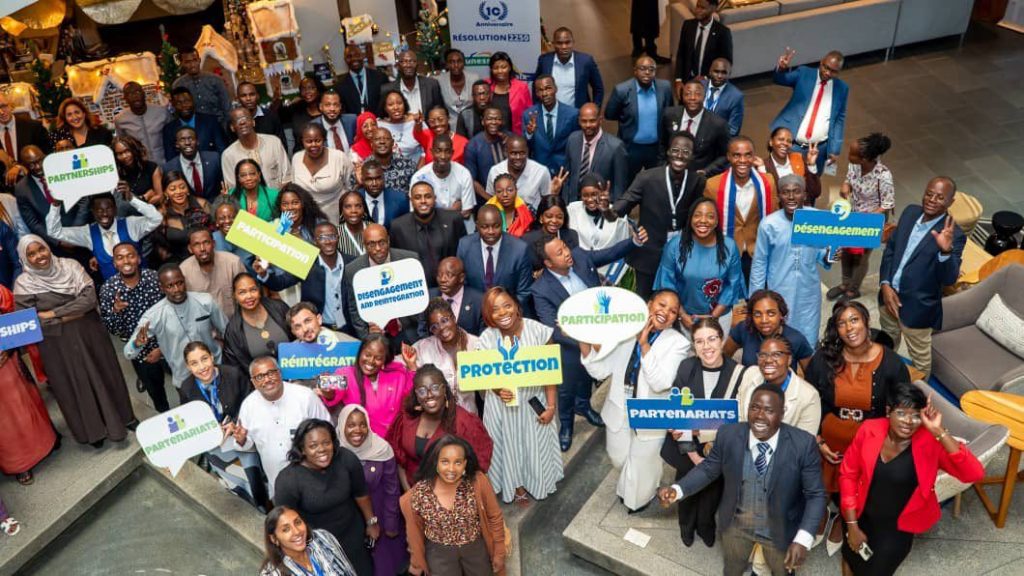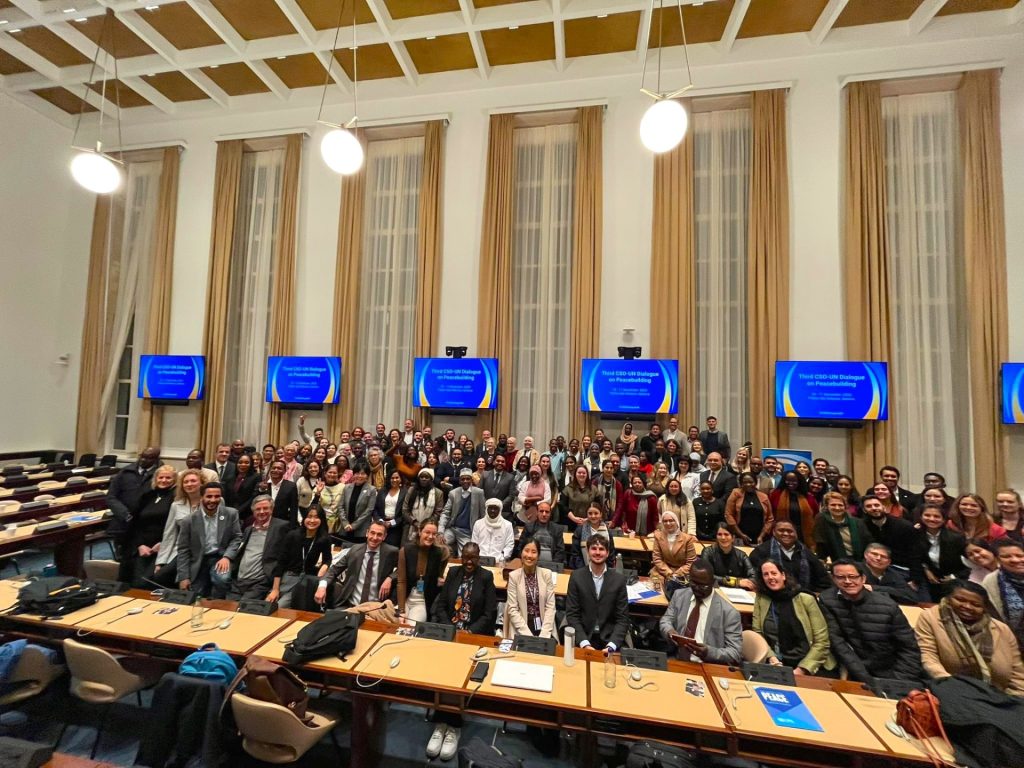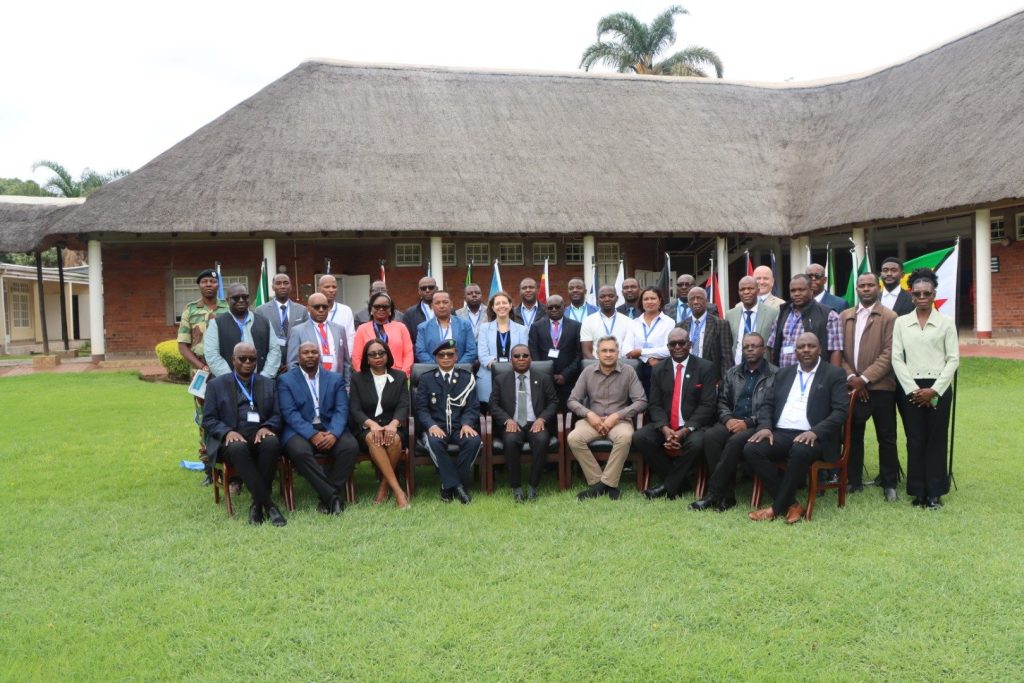The civil unrest that broke out in the KZN Province of South Africa during July 2021 continues to cause tensions within the local communities in Kwa-Zulu Natal (KZN) particularly in the Phoenix and surrounding areas. This workshop, facilitated by ACCORD’s Manager of Applied Knowledge and learning, aimed to address the existing social tensions in order to better understand the aggravating circumstances and to help create a platform for social cohesion and dialogue during the post-civil unrest period.
The workshop, which was held in Durban on 19-20 February 2022, engaged on various exercises that allowed for cohesive conversation amongst the participants who represented different sectors such as local NGOs based in Phoenix, educators, and activists amongst others. The workshop content covered conflict analysis tools, negotiation and mediation and provided the participants with an understanding of negotiation principles. During the sessions participants shared and reflected on their individual experiences with conflict in their communities. The historic division amongst the people in the communities, political interference, and the lack of leadership structures in the communities filtered through as pressing issues during the discussions.
The participants also shared their experiences on the different dynamics that exists when dialogue takes place at a community level and the difficulties with navigating through these dynamics towards establishing leadership structures in their communities. Mr. Visser shared information on the possible pre-conditions of dialogue, such as the timing, environment and building of relationships as well as the need to understand the context before dialogue takes place. Dialogue and mediation skills were further unpacked through short films which enabled participants to reflect on the current situation in their communities. As an immediate outcome from the workshop, these community leaders and professionals are now able to use their learnings on dialogue to better understand and work with their constituents towards bridging the gaps in dialogue that exist.
ACCORD recognises that relevant local and national stakeholders, such as community leaders, should be better enabled to manage conflict situations. Local communities holding the right skills set and capacity to intervene early in conflict situations is crucial in preventing violence, particularly in civil unrest, which manifests forcefully at a community level.

